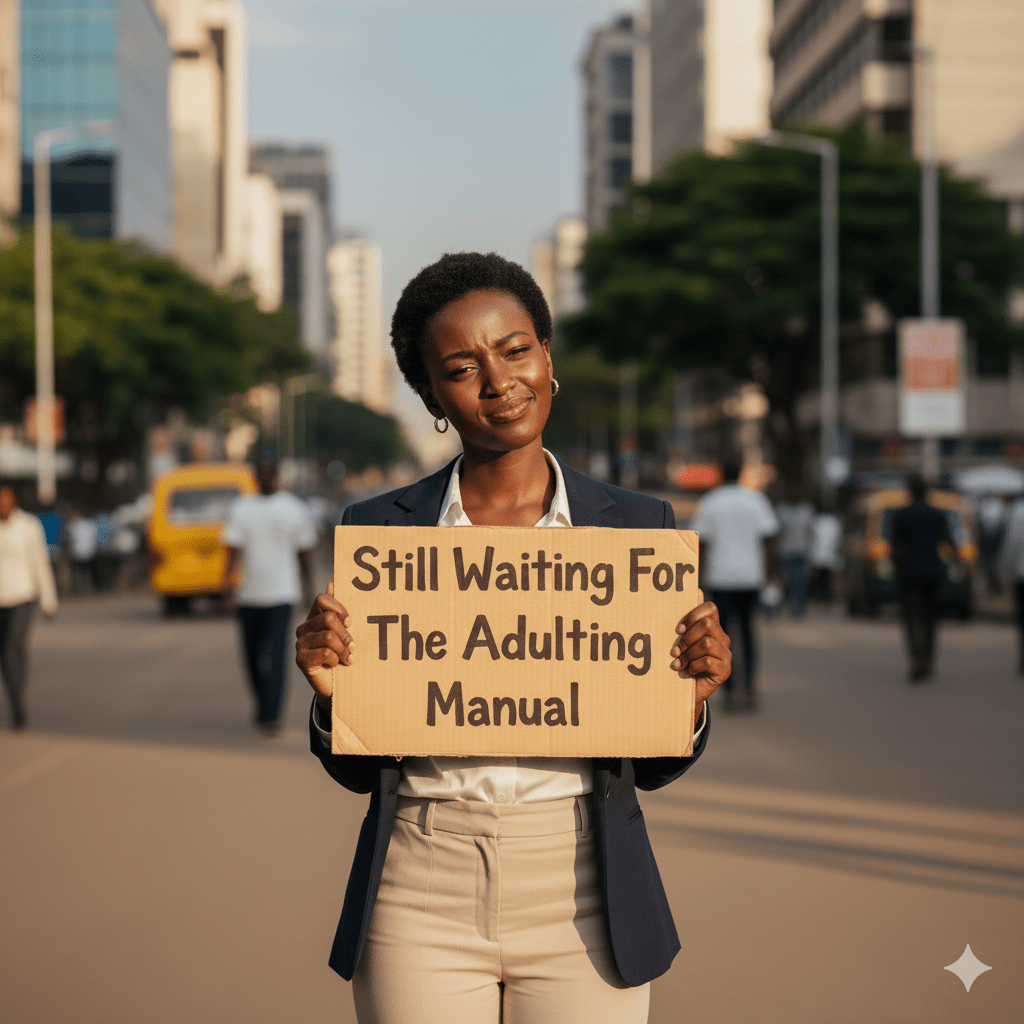What to Do If You Cannot Afford Your Monthly Logbook Loan Repayment in Kenya

Let’s face it — life happens.
One month you are keeping up with your logbook loan payments, and the next, business slows down, your car breaks down, or school fees drain your cash.
If you have found yourself struggling to pay your logbook loan, don’t panic. You still have options — but only if you act early and smartly.
Here’s a step-by-step guide on what to do when you can’t afford your monthly repayment in Kenya.
1. Don’t Go Silent — Contact Your Lender Immediately
Silence is the biggest mistake most borrowers make. Once you miss a payment and stop communicating, your lender assumes you are defaulting intentionally — and the recovery process begins.
📞 Fix: Call, email, or visit your lender before or immediately after missing a payment.
Explain your situation honestly: business delays, medical emergency, loss of income, or car repair costs.
A reputable lender like Kifedha will often:
- Restructure your payment schedule
- Offer a short grace period
- Reduce the monthly installment temporarily
When you show willingness to pay, your lender becomes your partner, not your pursuer.
2. Ask for a Loan Restructuring or Payment Holiday
Kenyan lenders, especially microfinance and logbook loan companies, can restructure your loan terms to ease your pressure.
This means either of the following:
- Extending your repayment period to lower monthly installments
- Giving you a one-month payment holiday to get back on your feet
- Reducing penalties or interest for the current month
📄 Fix: Write a formal restructuring request. Include:
- Your loan account number
- How much you can currently afford
- The cause of the difficulty (attach proof if possible)
Most lenders prefer an arrangement over repossessing your vehicle — repossession is costly for both sides.
3. Check for Any Hidden Charges or Uncredited Payments
Sometimes, you may be struggling to pay because your balance looks higher than expected.
This can happen due to:
- Penalties not explained clearly
- Missed updates on partial payments
- Accrued interest from a previous missed month
📊 Fix: Request a loan statement showing all payments, penalties, and outstanding interest.
If something looks off, dispute it politely in writing. Errors do happen, and clarifying them early can reduce your pressure.
4. Avoid Taking Another Loan to Pay the Current One
It’s tempting to take a second loan to cover your arrears — especially from online or mobile lenders.
That’s called loan stacking, and it almost always backfires.
💡 Fix: Instead of borrowing again, focus on:
- Negotiating lower payments
- Selling a non-essential item (e.g. extra phone, electronics)
- Using the car to generate income (Uber, deliveries, rentals)
Your goal is to regain control, not sink deeper.
5. Don’t Sell or Hide the Vehicle
Once you take a logbook loan, your vehicle becomes collateral. Selling or hiding it counts as breach of contract — and in some cases, fraud.
It can trigger immediate repossession and additional legal costs.
⚠️ Fix: Keep the car in use and in good condition.
If you absolutely can’t manage the repayments, discuss voluntary surrender — a more respectful, less damaging option than forced recovery.
With voluntary surrender, your lender sells the car to settle the balance and returns any excess to you.
6. Look Into Early Settlement Options
If you receive a lump sum — maybe from a business deal, salary arrears, or family support — ask for a discounted early settlement.
Many lenders offer small waivers (especially on interest) if you clear your loan early.
📄 Fix: Ask your lender for a settlement quote.
It shows exactly how much you’d need to clear the balance in one go — usually cheaper than paying in bits over time.
7. Protect Your Credit Score
Defaulting on your loan will eventually land you on the CRB list, affecting your ability to get future credit, even for school fees or business.
📋 Fix:
- Keep making partial payments while negotiating — it shows goodwill.
- Get written confirmation of any new repayment plan.
- Once you clear, ask for a loan clearance letter and CRB update immediately.
Remember, CRB updates take time. The sooner you act, the faster your credit score recovers.
8. Seek Advice Before It’s Too Late
If your situation is serious — job loss, medical bills, or family emergency — talk to a financial advisor or debt management expert.
They can help you review your spending, identify extra income sources, and plan repayments that work.
Even a short consultation can help you save your car and your peace of mind.
✅ Bottom Line: Face It Early, Fix It Fast
A missed logbook loan payment doesn’t have to end in repossession or blacklisting.
The key is communication, honesty, and action.
Lenders like Kifedha are far more flexible when you reach out early instead of disappearing.
If you’re currently struggling with repayments or need a temporary adjustment, talk to Kifedha’s support team today.
We’ll help you restructure your loan and keep you on the road.
👉 Visit Kifedha.co.ke or call +254 791 573 231 for confidential assistance.
💡 Key Takeaway
You don’t lose your car when you ask for help —
You lose it when you keep quiet.




Comments ()